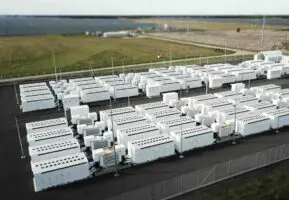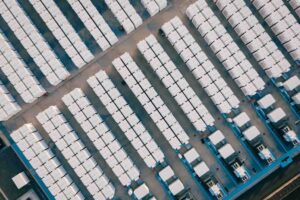In Part 1 of this series, I argued that it was time to face the reality that economic growth as our model of progress was slowly but surely coming to an end. China is perhaps the best example of all this, exaggerating all that is good and bad about the growth model.
We have seen spectacular rates of growth in recent decades and with it, many hundreds of millions of people being brought out of poverty. These people are now enjoying the fruits that global growth has delivered to many of us over the last century, in technology, health and easy access to food.
On the other hand China has paid an enormous price for this growth, in air pollution, degraded soil quality, increasing inequality, spoiled waterways and longer term risks to food supply through falling aquifers. It is now even taking from the USA the ignominious title of being the world’s largest current contributor to climate change (though we mustn’t forget China’s per capita emissions, the only fair comparison, are still dwarfed by the pollution rate in OECD countries, especially Australia and the USA).
So China sums up the paradox of the global economy, and provides an accelerated and exaggerated example of the global problem. On the surface the growth model seems appealing, indeed powerful and invigorating. Everyone who has witnessed the growth machine at work in China in recent decades comes away in awe and wonder at the pace and scale of its achievements.
China has now become the best example to demonstrates that the Great Disruption is underway – the state I’ve argued before we have now entered. In the same way China provides an exaggerated case of the good aspects of growth, they are now hitting the limits we are hitting globally, but doing so faster and harder, making it more noticeable and harder to deny. So unlike our political leaders, the Chinese leadership is slowly but surely facing reality. They observe their high growth rates, they observe both the degradation in their environment and the rapidly emerging limits to resource and food availability and they draw the obvious connection. As Prime Minister Wen told parliament recently, “growing resource and environmental constraints are hindering growth.”
The Minister for the Environment Zhou Shengxian gave deeper insights into their views when he said last year “in China’s thousands of years of civilization, the conflict between humankind and nature has never been as serious as it is today…. The depletion, deterioration and exhaustion of resources and the worsening ecological environment have become bottlenecks and grave impediments to economic and social development.”
You got it Mr Zhou – grave impediments to growth. They haven’t yet come to the conclusion that these are in fact “impenetrable limits to growth”. But they will.
Their response gives us good insights into the problems we are all going to face, but also to the considerable benefits our initial response will bring when it comes. As we hit the limits to growth we will desperately and aggressively pursue clean technology and other measures to reduce the impacts we are having on the global ecosystem and to respond to our limited resource supply. We will think this will be enough to keep growth going.
China is again a good example of what we can expect. They are doing all they can to slow down the cause of the problem with aggressive targets and action to clean up their economy, and the benefits they are gaining by doing so are considerable. They are even deliberately slowing down the rate of their economic growth, recognizing this is the primary cause of their problem, to give themselves more time to adapt.
As Tim Buckley argued on this site recently, in renewable energy, electric cars, high speed trains and many other areas China is investing heavily and looking more and more like it’s going to lead the world in this, the next industrial revolution. As well as raising their economic competitiveness, their approach is bringing considerable benefits to the world, with new energy technologies being taken to scale and prices falling as a result.
We can expect some sensational developments in this area, with tomorrow’s Googles and Microsofts all positioning right now across China to be the global winners in this epic opportunity. While countries like the US should be nervous in terms of their national competitiveness, for those of us concerned about the world and our future, China’s actions can only be good news.
But while this process will be an exciting and invigorating one to watch, with considerable upside, in the end China will face the same challenge the world faces. Infinite growth on a finite planet cannot work – not that this pesky logic will stop us from trying. In the final part of this series next week, we will consider how that conflict might unfold.









